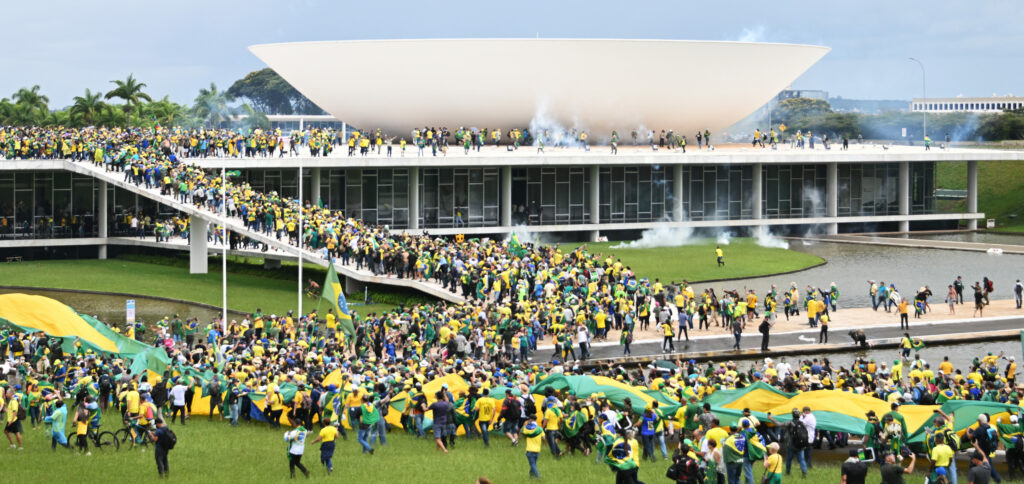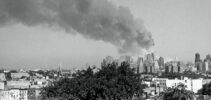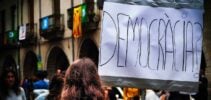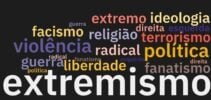O Curto News spoke with the criminal lawyer and professor Aury Lopes Junior regarding the topic.
ADVERTISING
According to Aury, the acts carried out on January 8th in Brasília do not fall within any form of freedom of opinion or expression, they are crimes: very serious.
It classifies the conduct carried out as crimes of qualified damage, criminal association, attempted abolition of the Democratic Rule of Law and attempted coup d'état.
The professor emphasizes that in the case of these two crimes (attempted abolition of the Democratic Rule of Law and attempted coup d'état), the mere attempt is punished with the same penalty as a consummated (concluded) crime.
ADVERTISING
And terrorism? Aury explains that there is a lot of talk about terrorism in the 'vulgar' sense, which is accepted. However, there is no provision in Brazilian legislation for terrorism for political reasons.
The professor states that the arrests in the act, carried out on Sunday (8) and Monday (9), are in accordance with the law.
Aury also clarifies that it is during the custody hearings that it is decided who should or should not remain in prison. It is up to the Federal Supreme Court (STF) – which is the final recipient of these investigations – to decree temporary, preventive arrests or precautionary measures other than imprisonment.
ADVERTISING
He comments that he hopes that acts against democracy are properly investigated and that their financiers are punished and emphasizes: “whoever financed is the author and will also answer for the crimes”.
Regarding the situation of the former president Jair Bolsonaro, Aury assesses that, in theory, he could be considered a participant in the acts, to the extent that he instigated/stimulated them through public demonstrations.
We also talked about the subject with Andrey Régis de Melo, public defender and director of the Criminal Defense Center of the Public Defender's Office of the State of Rio Grande do Sul. Listen to what he said: 🔊
ADVERTISING
Want to know more? (I.e.
Read also

Receive news and newsletters do Curto News by Telegram e WhatsApp.







